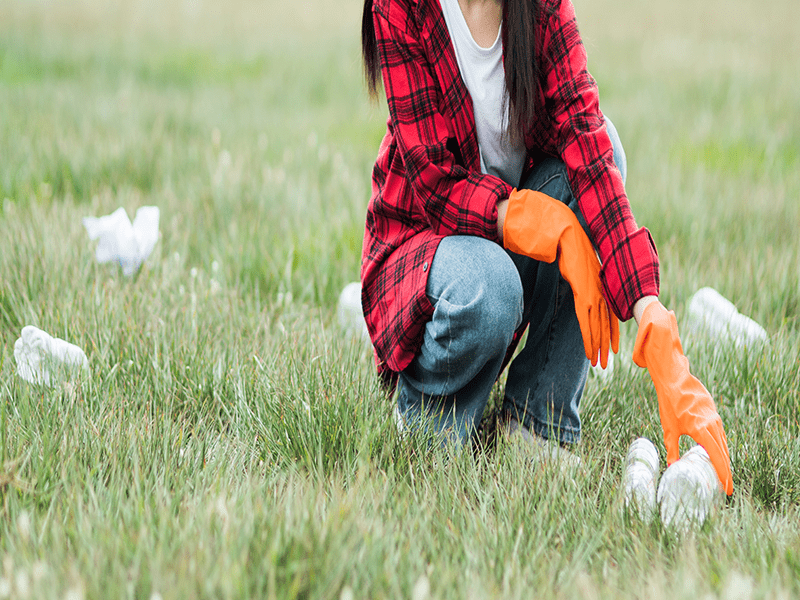Just for a moment, take your eyes off the screen you’re reading this article on. Look around the room and make a mental note of at least five things near you that are made of plastic. It won’t take much of your time or energy to find way more than five objects. The world we live in today has been inundated with plastic products, ranging from toothbrushes to high-end laptops. From an engineering perspective, it makes the most sense to use plastic materials. Plastics are extremely energy efficient to manufacture and they are lighter than alternative materials such as glass or metal. But despite the proven efficiency of plastic, what makes it harmful enough to warrant an entire Plastic Bag Free Day every 3rd of July?
Why Say No To Plastic Bags?
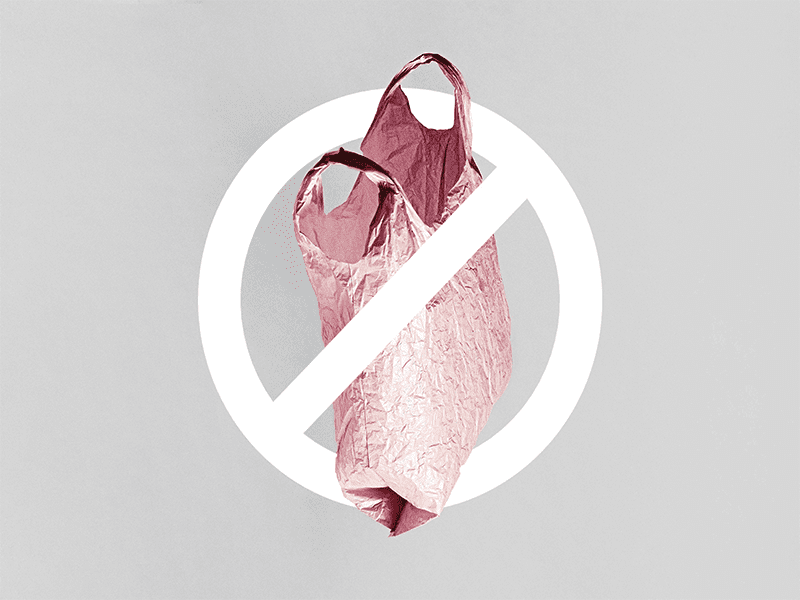
Aside from the primary concern that plastic bags are non-biodegradable, they are also toxic to the environment. When they break down and mix with the soil they produce harmful chemicals that damage the composition of the soil. When they get combined with the trash we produce, animals eat them and choke and die. Plastic bags are especially harmful to sea turtles, as they often mistake them for jellyfish and try to consume them. They clog our sewage systems and block gutters and drains, causing streets to become waterlogged. Since they do not decompose, when they eventually reach the seas and oceans they break down into tiny portions called microplastics that are very detrimental to marine life.
Did You Know?
According to a report, approximately 8.3 billion tons of plastic have been produced since the 1950s — that’s equivalent to the weight of more than 800,000 Eiffel Towers.
5 Ways You Can Help Reduce Plastic Use
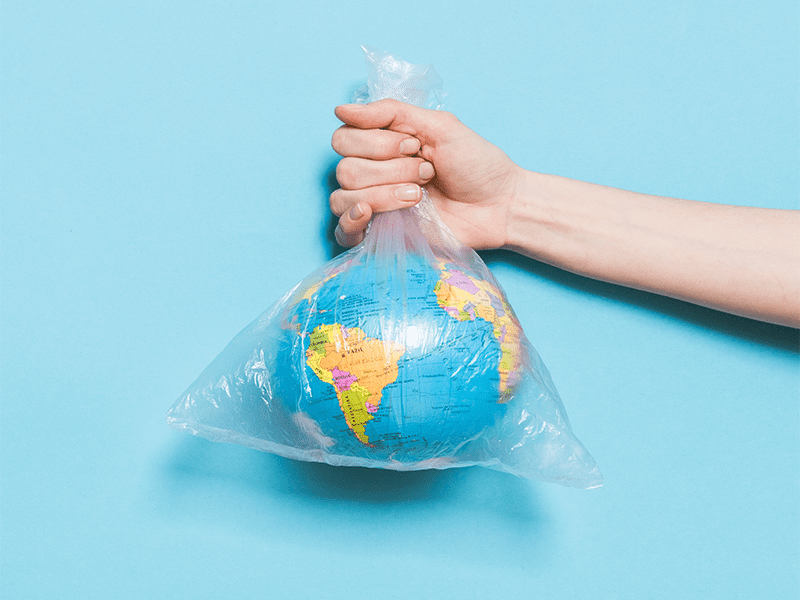
Plastic bags and plastic packaging are popular only because they are preferred by consumers. If we made a collective and conscious effort to reduce plastic use, the manufacturing industry would follow suit as well. Take a look at a few ways you can decrease your consumption of plastic packaging.
1. Decline Plastic Bags While Shopping
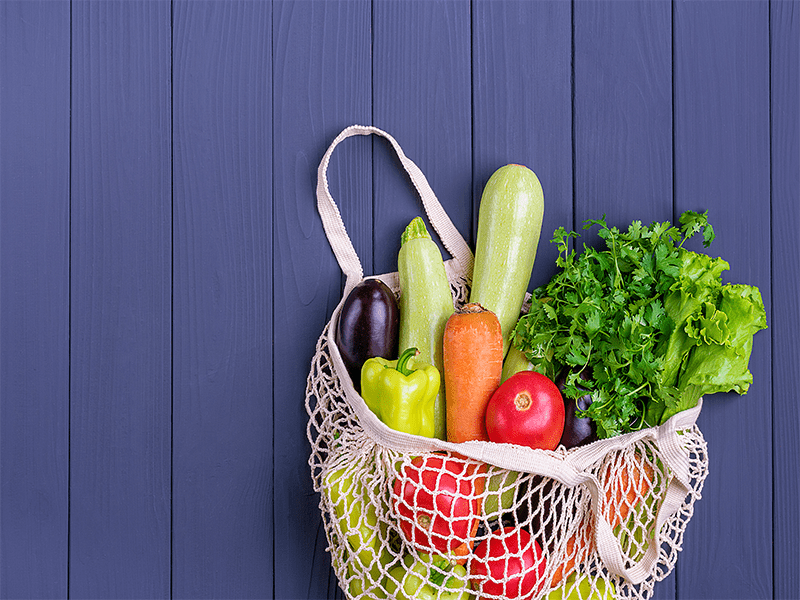
While it’s just so convenient to pay a little more and get all your purchases neatly packed into plastic bags, go the extra mile and say no to the cashier. Not only will you save a little money, but you’ll end up saving yourself from adding on to the pile of plastic bags you already have at home. If you have just a couple of things, you can carry them in your hand or put them in your own bag.
2. Carry Your Own Bags
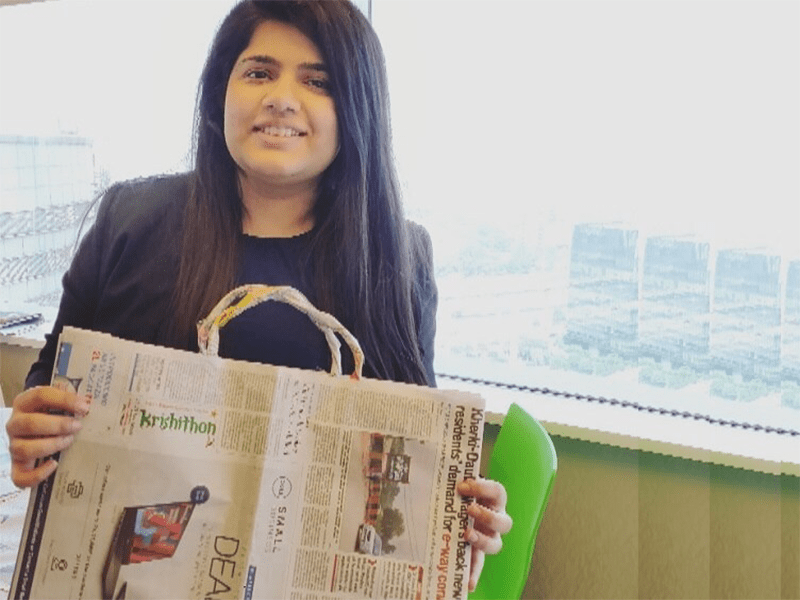
This tip is most helpful when read in conjunction with the previous point. Developing a habit of carrying your own bags whenever you leave the house is one of the best things you can do for the environment. Having a cute cloth grocery bag tucked into your backpack or handbag can prove to be helpful in more ways than you’d think. Need to pick up some fruits while on your way back home from work or college? No more space in your backpack for that extra book or water bottle you purchased? Your cloth bag will come to the rescue.
3. Reuse Your Packaging
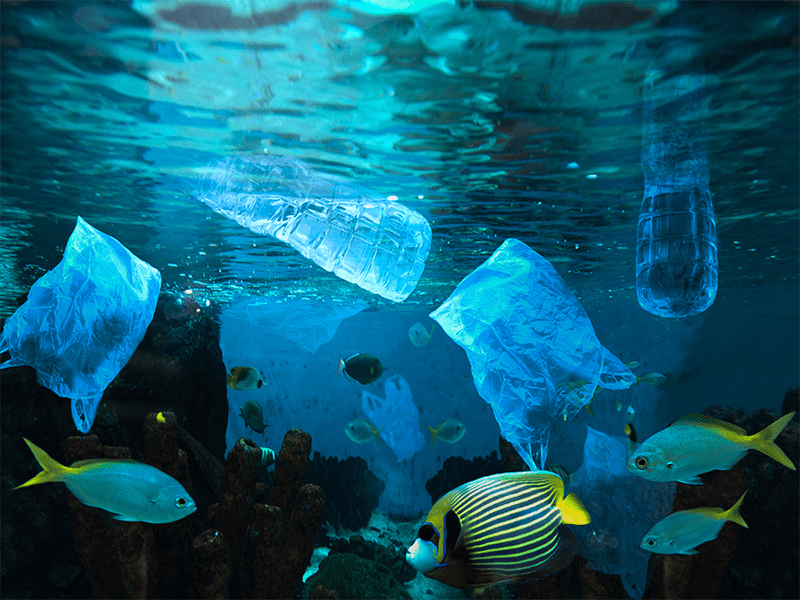
Put your jugaad skills to the test and upcycle like a pro. That large bag that used to contain five kilograms of atta can be used as a bin liner for your dustbin, and the plastic jar that your snacks came in can be used for further storage. Not only will you not need to purchase further pots and bottles, but you can also reduce the amount of plastic you use.
Did You Know?
In 2017-18 alone, India consumed 16.5 million tonnes of plastic. Worse, according to industry body FICCI, 43 per cent of India’s plastics are used in packaging and are single-use plastic. Consumption has clearly outstripped India’s capacity to recycle.
4. Paper Over Plastic
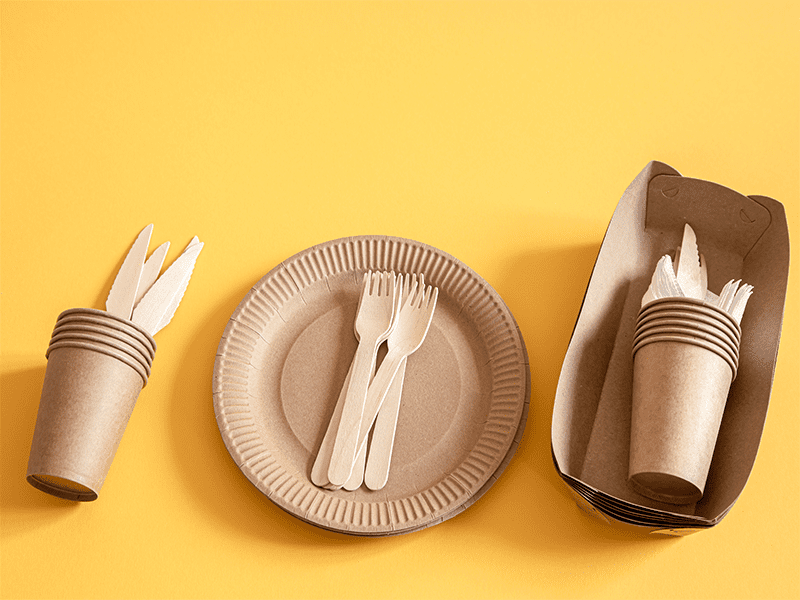
The primary use of single-use plastics is to wrap things or make them easier to carry. Both of these can be done by paper bags and paper wrapping. An added advantage of this is that paper doesn’t make that annoying crinkling sound that some plastic bags make. They also pose less of a suffocation risk for small children or pets.
5. Bin Your Plastic Liner
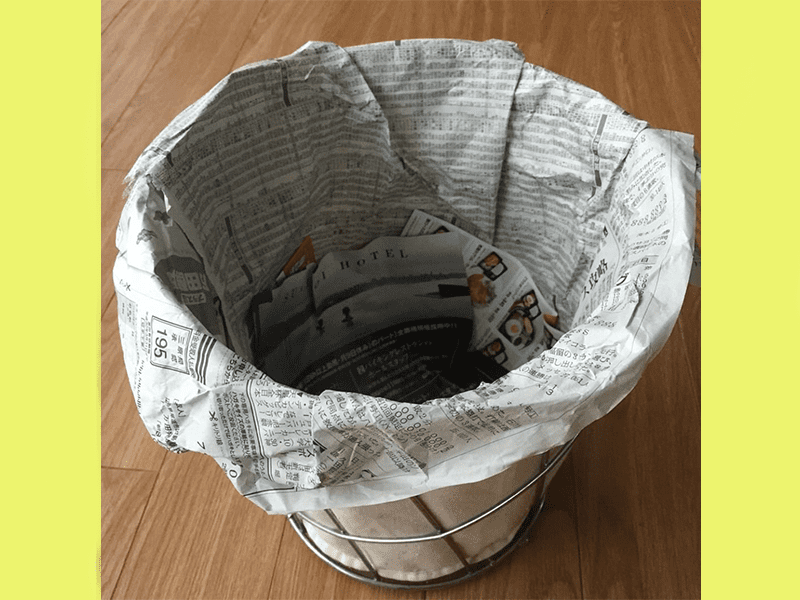
One of the most significant contributors to the amount of plastic waste we generate is the innocuous plastic bin liner. While they are necessary to maintain cleanliness and reduce the frequency at which you need to wash the dustbin, plastic bin liners are still very harmful. Switch to a more environmentally friendly alternative, like using newspaper to line the trash can. If newspapers create too much of a hassle for you, try biodegradable bin liners.
Biodegradable bags can be broken down by living things, but only in some conditions, such as in a commercial composting facility. If you have a separate dustbin for dry waste such as paper, glass or metal, you can make do without any liner at all as it will not be as wet and messy.
You may be wondering how much of a difference you can bring about as a solitary individual. But the power to effect change lies in your hands. In the words of the famed anthropologist, Margaret Mead, “Never doubt that a small group of thoughtful, committed citizens can change the world. Indeed, it is the only thing that ever has.”

